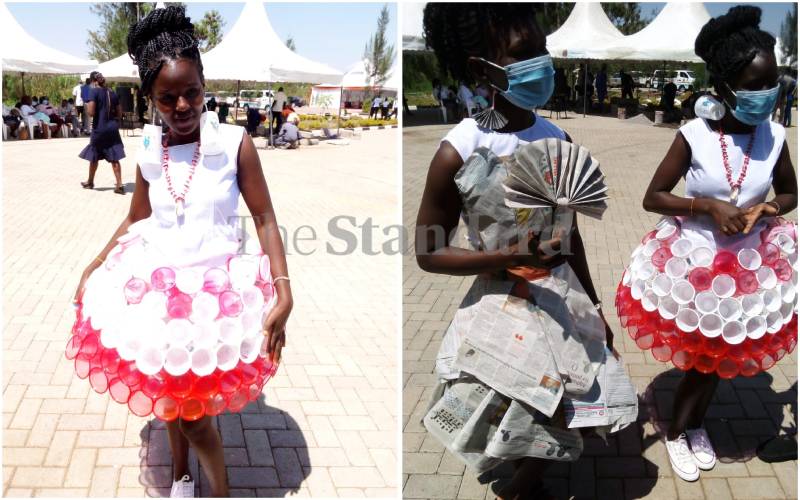×
The Standard e-Paper
Home To Bold Columnists

Kisumu National Polytechnic students Diana Oloo, 21, and Angeline Akoth, 23. [Kepher Otieno, Standard]
The World Bank has extended Sh1.08 billion to Kisumu National Polytechnic to construct an ultra-modern textile factory and training institution.